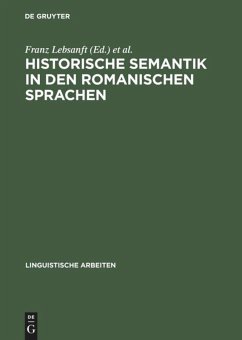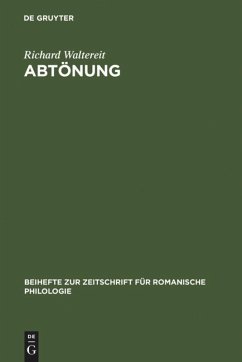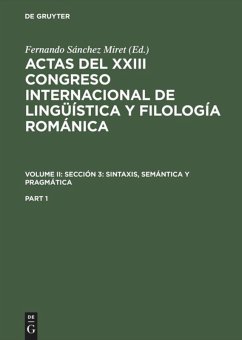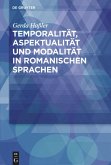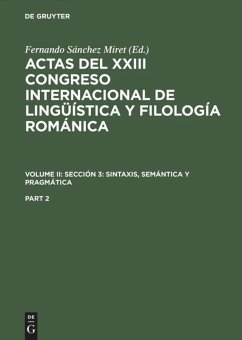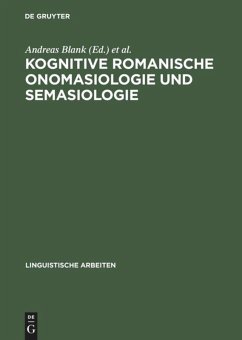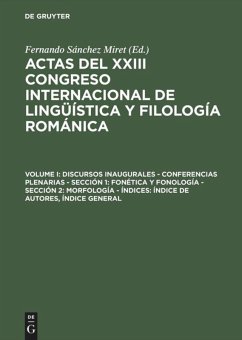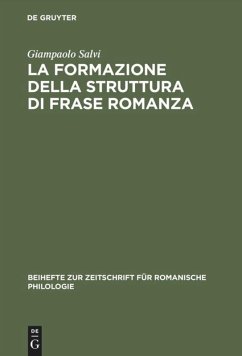Recent developments of linguistics have given innovative impulses to historical semantics. For the Romance study of words, the time has come to establish a dialogue between theorists and historians of language. As far as structural semantics are integrated into cognitive concepts of historical semantics, it remains attractive for the lexical analysis of older language levels and relevant for the linguistics of semantic change/change in meaning. Cognitive models are undergoing new accentuations towards a pragmatic historical semantics, which are open to/receptive to language-historical questions in particular.
Neuere Entwicklungen der Linguistik verleihen der historischen Semantik innovative Impulse. Für die romanistische Wortforschung ist der Moment gekommen, Sprachtheoretiker und -historiker miteinander ins Gespräch zu bringen. Soweit die strukturalistische Semantik in kognitive Konzepte der historischen Semantik integriert wird, bleibt sie für die lexikalische Analyse älterer Sprachstufen attraktiv und für die Linguistik des Bedeutungswandels relevant. Kognitive Modelle erfahren neue Akzentuierungen in Richtung auf eine pragmatische historische Semantik, die für sprachhistorische Fragen besonders offen ist.
Neuere Entwicklungen der Linguistik verleihen der historischen Semantik innovative Impulse. Für die romanistische Wortforschung ist der Moment gekommen, Sprachtheoretiker und -historiker miteinander ins Gespräch zu bringen. Soweit die strukturalistische Semantik in kognitive Konzepte der historischen Semantik integriert wird, bleibt sie für die lexikalische Analyse älterer Sprachstufen attraktiv und für die Linguistik des Bedeutungswandels relevant. Kognitive Modelle erfahren neue Akzentuierungen in Richtung auf eine pragmatische historische Semantik, die für sprachhistorische Fragen besonders offen ist.

